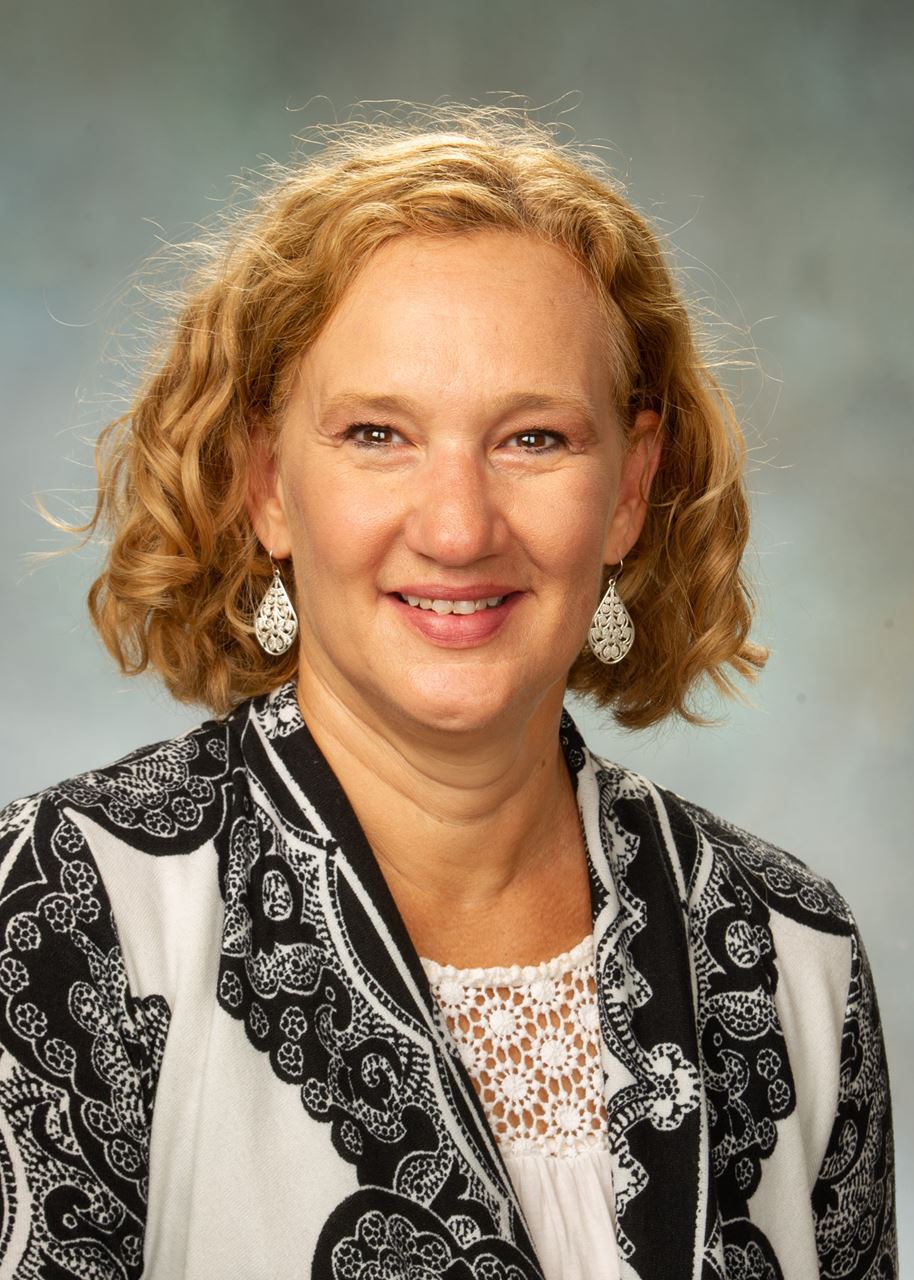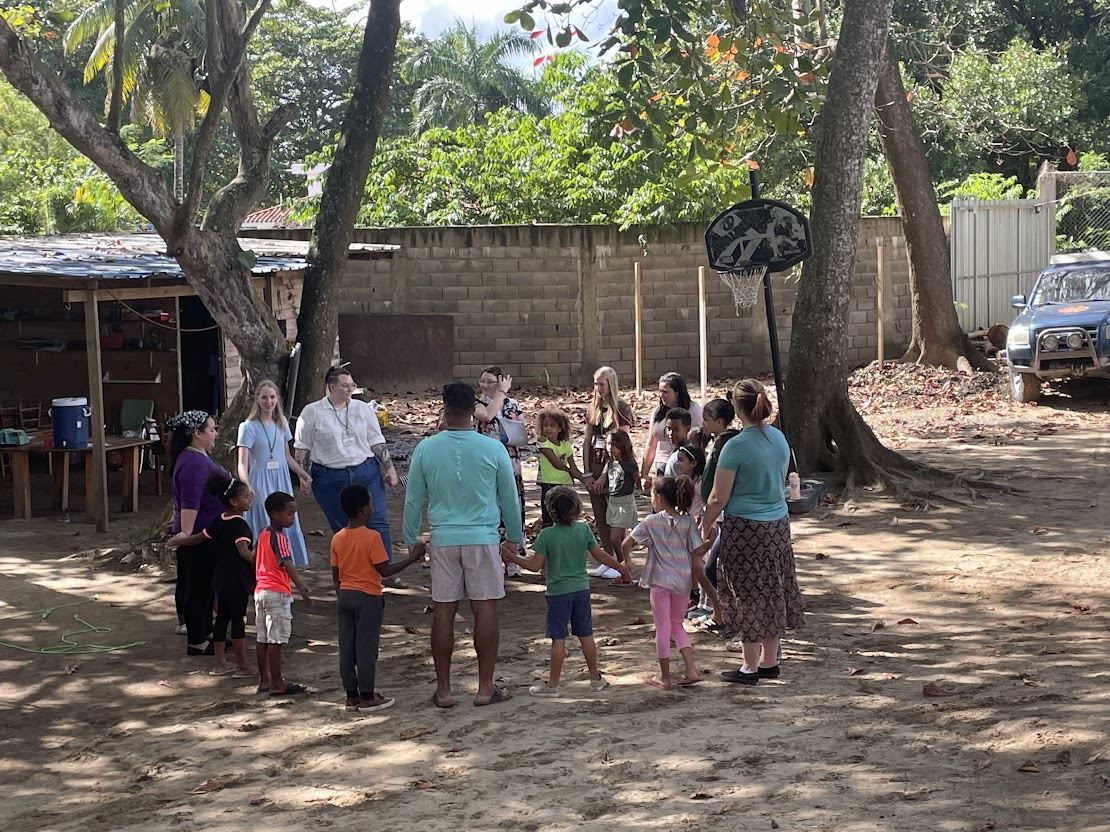 School name: SUNY Buffalo State University
School name: SUNY Buffalo State University
Type of school: Comprehensive college that is part of a large state university system
School locale (including state and country): Buffalo, NY, USA
How many years have you taught psychology? 28 years
Classes you teach: Child and Infant Development classes, Research Methods, Senior Seminar, Child Advocacy courses
Specialization (if applicable): Developmental Psychology
Average class size: Ranges from 12 (senior level capstone courses) to 40 (for introductory level developmental courses)
What’s the best advice about teaching you’ve ever received? Students learn best when you care and when they can see your passion for the content.
Briefly tell us about your favorite lecture topic or course to teach. I love teaching Research Methods because doing research is one of my favorite aspects of my job. I also love seeing students who are terrified of the course and convinced that they will never do or like research start to appreciate the research process.
 Briefly describe a favorite assignment or in-class activity. I have begun introducing service learning into several of my courses. One project that I particularly like involves a collaboration between my infant development course, a special education graduate course and a speech/language pathology course on our campus. We place our students into interdisciplinary teams, designed to mimic the type of teams that would provide special services in schools. Students are then trained to conduct developmental screenings using the Ages and Stage Questionnaire (ASQ-3) and the ASQ Social-Emotional questionnaire. They then provide developmental screenings to children from birth to age 5 in the community (day care centers, children’s museum). Those scores are then provided to HelpMeGrow, an organization that connects families to needed resources in the community. Student are then asked to present case studies orally and to write a developmental report based on one of the children they have screened. Students love this project which provides them with important applied experiences related to working with children, assessment and understanding developmental milestones.
Briefly describe a favorite assignment or in-class activity. I have begun introducing service learning into several of my courses. One project that I particularly like involves a collaboration between my infant development course, a special education graduate course and a speech/language pathology course on our campus. We place our students into interdisciplinary teams, designed to mimic the type of teams that would provide special services in schools. Students are then trained to conduct developmental screenings using the Ages and Stage Questionnaire (ASQ-3) and the ASQ Social-Emotional questionnaire. They then provide developmental screenings to children from birth to age 5 in the community (day care centers, children’s museum). Those scores are then provided to HelpMeGrow, an organization that connects families to needed resources in the community. Student are then asked to present case studies orally and to write a developmental report based on one of the children they have screened. Students love this project which provides them with important applied experiences related to working with children, assessment and understanding developmental milestones.
What teaching and learning techniques work best for you? For years, I have flipped many of my classes. I love the classroom time this provides for more active learning and discussion in class. Presenting content outside of class in the form of videos with embedded quiz questions as low-stakes assignments also promotes mastery of the content because students are permitted to retake the quizzes as many times as they like.
I also find service learning to be a powerful technique. Students love the applied work and the sense of mastery that comes with learning content and immediately applying it in an authentic situation.
What’s your workspace like? I work best when my space is organized and free of clutter. I have a color-coordinated system for the various ongoing projects I have. I surround myself with plants and have a small reclining chair and ottoman in the corner that I use when reading journal articles and other materials.
Three words that best describe your teaching style. Here are the words that I personally use to describe my teaching style: Project-based learning, student-centered, inquiry-based learning.
I also asked a group of students that know me quite well to describe my teaching style. These are students that have taken several classes with me and have been involved in a short-term travel abroad experience that I co-led with another instructor. They described my teaching style as: organized, creative and accessible (which they defined as meaning that I provide content in a variety of ways so that all students understand the content).
What is your teaching philosophy in 8 words or fewer? Teaching must be accompanied by ongoing learning.
Tell us about a teaching disaster (or embarrassment) you’ve had and how you dealt with the situation. Most recently, I had a service-learning project interrupted by a blizzard. Many students were scheduled to complete a service-learning project that was canceled due to the weather and we were unable to reschedule their project. Since many other students had already completed their portion of the project, I had to quickly pivot and find another opportunity for students that was somewhat comparable in terms of time and provided them with similar experiences that related to class content. After many phone class and emails, I find an alternate project for students to complete. Although stressful for me, students were pleased with the project and I developed some new community contacts.
What about teaching do you find most enjoyable? Watching students ignite a passion for a particular area of psychology or determine a career plan.
What is something your students would be surprised to learn about you? Students are often surprised to learn that I was a military brat growing up, that I spend two summers serving as a river guide and that I was a music major in college (with a psychology minor) rather than a psychology major.
What are you currently reading for pleasure? The Paris Library by Janet Skeslien.
What tech tool could you not live without? Our Learning Management System (currently switching from Blackboard to D2L Brightspace). I use it to organize all of my class materials for each unit and week. Students have access to much of the content but there is quite a bit that I keep hidden so that I can use it in class or immediately make available based on student interest.
What is your hallway chatter like? What do you talk to colleagues about most (whether or not it is related to teaching/school)? Most recently, we have spent a lot of time talking about changes in higher-education. This includes the financial difficulties facing many institutions, the changing student demographics and concerns about the preparation students have when beginning college. This also includes discussions about the changes we see in students as a result of the pandemic (classroom behaviors, study skills and mental health concerns). Nonacademic conversations most recently have been heavily centered around the Buffalo Bills because they have been having such a great year and they provide a much-needed distraction from other local and global concerns. Go Bills!
Has your teaching changed because of the Covid19 pandemic? If so, how? (positive and/or negative changes) I have developed numerous strategies for using technology to scaffold learning. Many were techniques I had to use when forced to switch to online learning and have continued to learn as supportive methods when we returned to face-to-face learning. I am currently developing new writing assignments in response to the development of the artificial intelligence bot, ChatGPT, which will ensure that students continue to practice writing in a world where technology can write “some” content for them.
